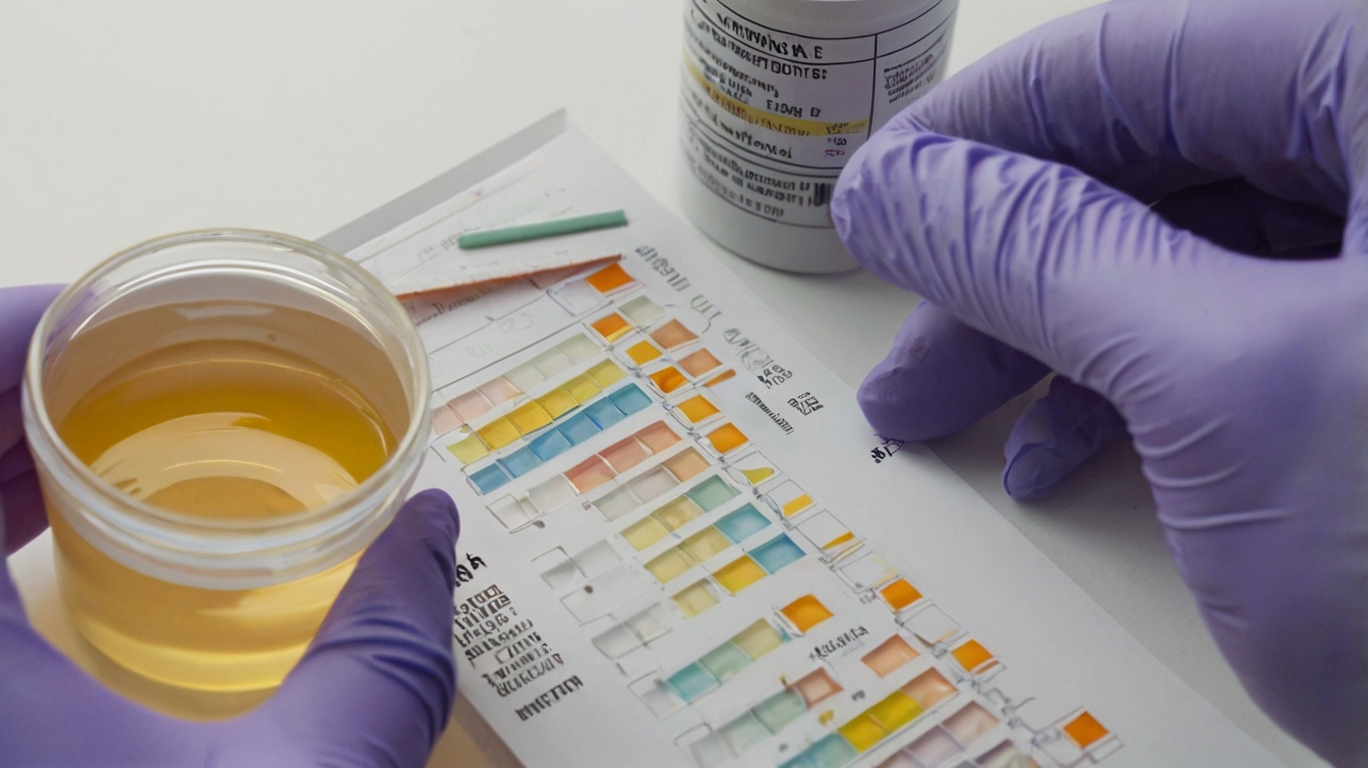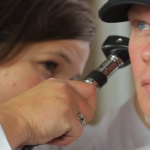When it comes to maintaining public safety, it is crucial to maintain compliance with the Department of Transportation (DOT) regulations. Drug and alcohol testing plays a significant role in ensuring public safety by enforcing stringent protocols for employees holding safety-sensitive positions. If you fail a DOT drug test or are concerned about potential implications, it’s essential to understand exactly what happens next. This article provides a thorough and detailed overview of the consequences associated with failing a DOT drug test, actionable guidance, and insights to effectively navigate this challenging situation.
Introduction to DOT Drug Testing for CDL Drivers
DOT drug testing is a crucial aspect of ensuring public safety on the roads. The Federal Motor Carrier Safety Administration (FMCSA) mandates that commercial driver’s license (CDL) holders undergo regular drug testing to prevent accidents caused by drug or alcohol use. CDL drivers are subject to various types of drug tests, including pre-employment, random, post-accident, and reasonable suspicion testing. These tests aim to detect the presence of prohibited substances such as marijuana, cocaine, amphetamines, opioids, and PCP in a driver’s system. A failed DOT drug test can have severe consequences, including the loss of commercial driving privileges and employment. Understanding the different types of tests and their purposes can help CDL drivers stay compliant and maintain their careers.
Immediate Consequences of Failing a DOT Drug Test
Upon failing a DOT drug test, the employee is immediately removed from performing safety-sensitive functions. This suspension occurs instantly, without exception, to ensure workplace and public safety. Employers are obligated under DOT regulations to remove affected individuals from their job duties promptly.
Substance Abuse Professional (SAP) Evaluation
After failing a DOT drug test, the next mandatory step involves evaluation by a DOT-qualified Substance Abuse Professional (SAP). The SAP assessment determines the severity of substance use issues and establishes a pathway toward rehabilitation, counseling, and eventual reinstatement.
The SAP evaluation consists of:
- An in-depth personal interview
- Review of the individual’s drug-use history
- Recommendation for education or treatment programs
- Follow-up testing protocol development
Types of DOT Drug Tests
There are several types of DOT drug tests that CDL drivers may be required to undergo:
- Pre-employment drug tests: Conducted before a driver is hired to ensure they are not using prohibited substances.
- Random drug tests: Conducted on a random basis to detect drug use among drivers.
- Post-accident drug tests: Conducted after an accident to determine if drug or alcohol use was a contributing factor.
- Reasonable suspicion drug tests: Conducted when a supervisor or other authorized person has reason to believe a driver is using prohibited substances.
- Return-to-duty drug tests: Conducted after a driver has completed a substance abuse program and is returning to safety-sensitive functions.
- Follow-up drug tests: Conducted after a driver has returned to duty to ensure they are not using prohibited substances.
Each type of test serves a specific purpose in maintaining safety and compliance within the transportation industry. Understanding these tests can help CDL drivers navigate their responsibilities and avoid the severe consequences of a failed DOT drug test.
Long-Term Implications of a Positive DOT Drug Test
The repercussions of a failed DOT drug test extend beyond immediate suspension, especially for those holding a commercial driver’s license. They can significantly impact employment status, career progression, and even future job prospects.
Career and Employment Implications
A positive DOT drug test result is recorded permanently in the DOT Clearinghouse database. Employers can access these results, potentially influencing hiring decisions and limiting future employment opportunities in safety-sensitive fields such as commercial driving, aviation, railroads, pipelines, maritime, and public transportation.
Moreover, potential employers typically conduct comprehensive background checks and will see a history of failed drug tests, making future employment significantly more challenging without completing required SAP programs. Employers also have discretion over employment decisions, such as whether to fire a current driver who fails a drug test, underscoring the importance of understanding the return-to-duty process and the consequences for those currently in driving positions.
Financial and Legal Consequences
Failing a DOT drug test could trigger:
- Termination of employment
- Loss of eligibility for unemployment benefits
- Significant legal liabilities for accidents caused by substance abuse
- Potential fines and penalties for both the individual and the employer
- An alcohol violation, leading to removal from safety-sensitive duties and mandatory evaluation and treatment by a substance abuse professional
DOT Return-to-Duty Process Explained
After failing a DOT drug test, an employee must complete the DOT-mandated return to duty program before resuming safety-sensitive duties. The RTD process consists of several clearly defined steps:
1. SAP Evaluation and Recommendations
The substance abuse professionals (SAPs) initially evaluate the employee and provide tailored recommendations for education or treatment programs.
2. Completion of Treatment or Education Programs
The employee must complete the designated programs successfully under the supervision of a qualified substance abuse professional. Participation records and progress updates are closely monitored by the SAP.
3. SAP Follow-up Evaluation
Once the education or treatment program is completed, the SAP conducts a follow-up evaluation, which includes direct observation, to ensure the employee has adequately addressed substance abuse concerns.
4. Return-to-Duty Testing
After approval by the SAP, the employee undergoes a DOT return to duty test. Passing this test is mandatory to resume safety-sensitive duties.
5. Ongoing Follow-up Testing
Even after reinstatement, the employee is subject to follow-up random testing, typically conducted over a period of 12-60 months.
Handling False Positives
A false positive result can occur when a drug test incorrectly indicates the presence of a prohibited substance. If a driver receives a false positive result, they should request a retest of the original sample as soon as possible. It is also crucial for the driver to provide any relevant medical information, such as a valid prescription for a medication that may have caused the false positive result.
The Medical Review Officer (MRO) will review the test results and medical information to determine if the result was a false positive. If the result is determined to be a false positive, the driver’s record will be updated to reflect the corrected result. Addressing false positives promptly and accurately is essential to maintaining a clean record and avoiding unnecessary consequences.
Test Results and Record Keeping

The results of a DOT drug test are typically reported to the employer and the FMCSA. If a driver tests positive, the result will be reported to the FMCSA’s Drug and Alcohol Clearinghouse, a database that tracks drug and alcohol test results for CDL drivers.
Employers are required to keep records of all drug test results, including positive results, negative results, and refusals to test. These records must be maintained for a minimum of three years and must be made available to the FMCSA upon request.
Drivers have the right to review their test results and to request a copy of their records. Understanding the test results and record-keeping process is essential for drivers to ensure they are aware of their rights and responsibilities under the DOT’s drug testing regulations.
Common Questions If You Fail A DOT Drug Test
How Long Does a Failed DOT Drug Test Stay on Record?
A verified positive test result from a failed DOT drug test remains on the DOT Clearinghouse database for five years or until the Return-to-Duty process is fully completed, whichever is later.
Can You Dispute a Positive DOT Drug Test Result?
Employees have the right to request retesting of the original specimen at a certified laboratory within 72 hours of receiving notice of a positive result. This retesting process involves a second test, where a separate specimen is saved to confirm the findings and ensure that false positives are avoided. However, costs are typically the employee’s responsibility unless a different policy is in place.
Can CBD Products Cause a Positive DOT Drug Test?
Yes, consuming CBD products, even those labeled THC-free, can lead to positive results for THC metabolites. DOT strongly advises employees in safety-sensitive positions against using CBD products due to variability in THC content and lack of regulation. If a positive result occurs, the employee must provide a legitimate medical explanation, such as proof of a valid prescription, to potentially overturn the positive result during the testing process.
Employer Responsibilities After a DOT Drug Test Failure
Employers must adhere strictly to DOT regulations following a situation where an employee tests positive for drugs:
- Immediate removal of the employee from safety-sensitive roles.
- Inform the employee about SAP evaluation requirements.
- Reporting positive results to the DOT Clearinghouse within three business days.
- Ensuring confidentiality and protecting employee records from unauthorized disclosure.
Proactive Steps to Avoid Failing a DOT Drug Test
Avoiding the severe consequences associated with DOT drug test failure involves adopting proactive measures:
- Understand DOT policies: Clearly comprehend prohibited substances, including prescription medications and CBD products.
- Review prescriptions thoroughly: Ensure all medications are prescribed, documented, and reported to employers prior to testing.
- Request pre-employment screening independently: Knowing your status ahead of official testing reduces surprises.
- Maintain transparent communication with employers regarding medications that might influence test results.
Conclusion: Moving Forward After Failing a DOT Drug Test
Although failing a DOT drug test has significant and far-reaching implications, understanding the steps and options available can empower affected individuals. By diligently completing the return to duty program, which includes the SAP program, passing required return-to-duty tests, and maintaining compliance with ongoing follow-up testing protocols, employees have the opportunity to regain their careers and rebuild professional credibility.
We encourage you to follow these guidelines carefully, ensuring both compliance and a successful return to a rewarding professional path.
For further assistance, contact our specialized DOT compliance experts who can guide you through the SAP evaluation process and help restore your professional standing promptly and effectively.
Contact us today for a confidential consultation and guidance tailored to your specific situation. Call 704-544-3494.

I am the administrator for the Charlotte DOT Exam facility, located in Charlotte NC. I oversee the facility services providing DOT exams in accordance with the standards of the FMCSA. We also provide DOT drug testing with MRO support when required. Drug testing can also be done for non-DOT exams such as pre-employment. In order to minimize wait times, I always encourage our clients to contact us first and make an appointment.
I would also suggest that each individual wanting to test for the CDL health card read the article “Preparing For Your DOT Exam” as it lists several things to bring to the test, such as CPAP usage reports and medicine lists.

